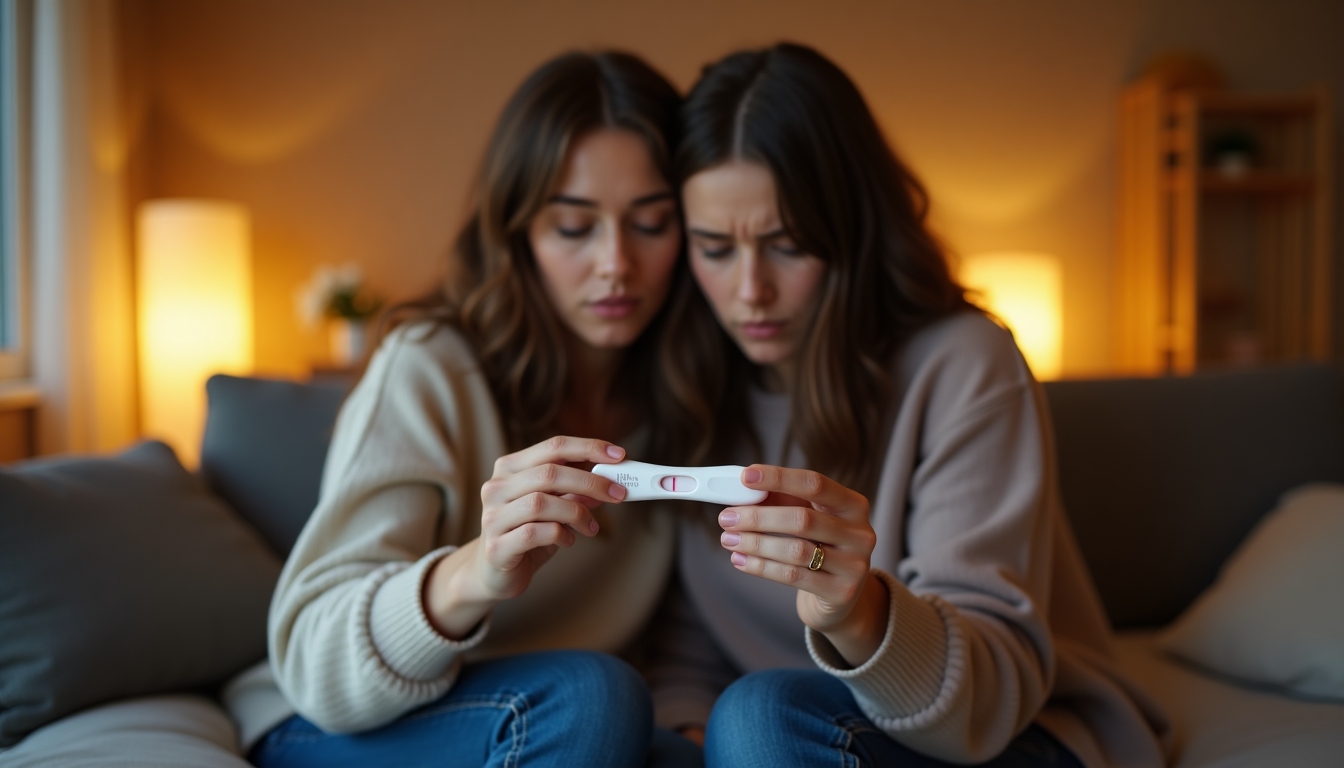Understanding the Impact of Chemotherapy on Fertility
March 4, 2025, 5:34 p.m.
Chemotherapy is a powerful treatment for cancer, but it can have significant side effects, including impacting a person's ability to have children. This article explores how chemotherapy affects fertility in both men and women, discusses options for preserving fertility before starting treatment, and offers insights into the emotional aspects of this issue.

Chemotherapy works by targeting rapidly dividing cells, which includes cancer cells. However, it can also affect other rapidly dividing cells in the body, such as those in the reproductive system. For women, this means that chemotherapy can damage the ovaries, leading to a decrease in the number of eggs or even causing premature menopause. For men, chemotherapy can affect sperm production and quality, potentially leading to infertility.
The extent of the impact depends on several factors:
- The type of chemotherapy drugs used: Some drugs, like alkylating agents, are more likely to cause fertility issues.
- The dosage: Higher doses are more likely to affect fertility.
- The patient's age: Younger patients may have a better chance of preserving fertility.
- Overall health: Patients in good health may be less affected.
It's important to discuss these risks with your doctor before starting chemotherapy. They can provide more specific information based on your individual situation.

If you're facing chemotherapy and are concerned about your fertility, there are options available to help preserve your ability to have children in the future. These options need to be considered before starting treatment, as chemotherapy can affect fertility immediately.
For women, fertility preservation options include:
- Egg freezing: This involves stimulating the ovaries with hormones to produce multiple eggs, which are then retrieved and frozen for future use.
- Embryo freezing: Similar to egg freezing, but the eggs are fertilized with sperm before freezing. This requires a partner or donor sperm.
- Ovarian tissue freezing: A newer technique where a piece of ovarian tissue is removed and frozen for future use. This is still considered experimental.
For men, the primary option is:
- Sperm banking: This involves collecting and freezing sperm samples for future use.
It's crucial to discuss these options with your doctor as soon as possible after a cancer diagnosis, as some procedures may take time to complete before starting chemotherapy.

Facing cancer is an incredibly challenging experience, and the potential impact on fertility can add to the emotional burden. It's normal to feel anxious, sad, or overwhelmed by this prospect. Remember that you're not alone, and there are resources available to help you cope.
Consider seeking support from:
- Counseling: A therapist or counselor can provide a safe space to express your feelings and develop coping strategies.
- Support groups: Connecting with others who are going through similar experiences can be incredibly helpful.
- Friends and family: Don't hesitate to lean on your loved ones for support.
It's also important to communicate openly with your healthcare team about your concerns. They can provide information and resources to help you make informed decisions about your fertility.

After chemotherapy, some patients may regain their fertility over time, while others may experience permanent infertility. For women, menstrual cycles may return, indicating that the ovaries are functioning again. However, even if cycles return, fertility may still be reduced. For men, sperm counts may increase, but it can take months or even years.
It's important to use contraception during and after chemotherapy if pregnancy is not desired, as some chemotherapy drugs can cause birth defects. Patients should discuss with their doctors when it is safe to try to conceive after treatment.
For those who are unable to conceive naturally after treatment, alternative paths to parenthood, such as adoption or using donor eggs or sperm, may be considered.

In summary, chemotherapy can have a significant impact on fertility, but there are options available to help preserve your ability to have children. It's essential to discuss these options with your doctor before starting treatment and to seek emotional support as needed. Remember, you're not alone in this journey.